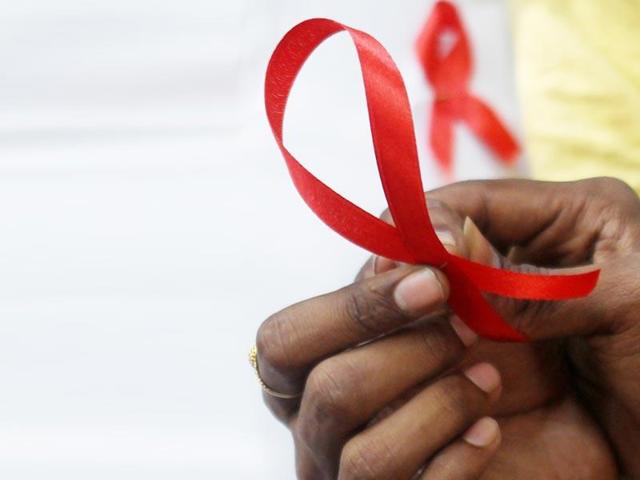The HIV/AIDS Bill is a unique achievement in healthcare legislation
Despite many criticisms the HIV/AIDS Bill remains largely congruent to concerns expressed by affected people
The tabling of the HIV/AIDS Bill in the Rajya Sabha is a landmark event on at least two counts. It is the first ever explicitly rights-based legal endorsement in the context of a specific health condition that has heightened the vulnerabilities of already marginalised and often criminalised populations. More important, it is the first ever time a law has been attempted to be crafted from the ground upwards as a response to real time issues for people whose voices are rarely given a hearing.

The Bill was an initiative of the Lawyers Collective, that was drafted in 2006 after nationwide consultations with a range of stakeholders including people living with HIV (PLHIVs), communities most vulnerable to HIV infection such as sex workers, men having sex with men, transgenders, and drug users, healthcare workers, children’s organisations, women’s groups, trade unions, lawyers, and state AIDS control societies.
Read | HIV Bill: Discrimination ends, time to promote awareness
The process of drafting the Bill started in 2002, when the need for a law was recognised by civil society members, PLHIVs, and the government. An advisory working group (AWG) under the chairmanship of the National AIDS Control Organisation (NACO), agreed upon the process for drafting such a law with approval from the ministry of health and family welfare. Between 2003 and 2004, the Lawyers Collective held 15 regional consultations in various cities across India with stakeholders to discuss the provisions of such a law to protect the rights to HIV prevention and care for vulnerable communities as well as PLHIVs. These consultations were supplemented by additional meetings with civil society organisations and state governments right through the process of developing the draft. The HIV/AIDS Bill was submitted to the National AIDS Control Organisation (Naco) in August 2006.
The most distinct feature of this process is the credibility that Lawyers Collective brought to the exercise, and the overwhelming support for the commitment to a transparent and inclusive process of representation and discussion. In addition to the actual participants at meetings, many civil society organisations spared no effort to ensure that the voices of their constituencies rang louder than any ideological position that they themselves may have held, as for example, the position that resources to treat HIV/AIDS must not exceed those expended on other critical public health domains. Despite many criticisms of the Bill it remains largely congruent to concerns expressed by affected people.
Read | From jobs to renting homes, HIV and AIDS patients get more rights in new Bill
The commitment to authentically communicate and respond to the demands of affected people is a testimony to the remarkable, and perhaps unique effort in the history of law-making, especially in healthcare. The vast disparities in power between policy-makers and healthcare providers on the one hand, and healthcare seekers on the other, has ensured that the latter will remain passive recipients without the ability to demand either quality or accountability, both in public and private healthcare sectors. The fact that the vast majority of people affected by HIV come from relatively poor and/or marginalised communities exacerbates these disparities. In the final analysis, it is the unlikely victory of these sections that both reflects and reassures us that vibrant democratic processes are possible.
Shyamala Natraj, is founder of South India AIDS Action Programme
The views expressed are personal



